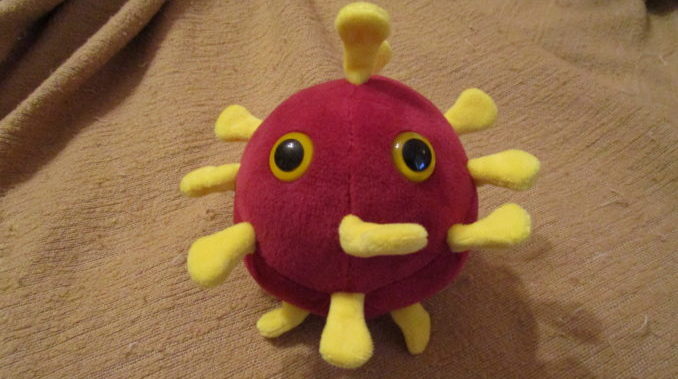
Two biotech companies, one in China and one in the UK, have reported positive results from testing covid-19 vaccines in rhesus macaque monkeys.
Sinovac Biotech, a privately-held Chinese company, reported on a successful clinical trial on April 23. The company claims to have inoculated eight monkeys with doses of its experimental vaccine, four each with two dosage levels. They then provided all eight monkeys and a four-monkey control group to the covid-19 virus. After one week, the high-dosage monkeys showed no infection; the low-dosage monkeys showed a spike in their bodies’ viral load but managed to control the virus without significant symptoms, and the four control monkeys developed life-threatening levels of pneumonia
Sinovac’s vaccine utilizes inactive viruses to spur a body into developing natural defenses against infection, in the same way that a flu shot works. Unfortunately, inactive virus vaccines tend to wear off after lengths of time (how long varies by disease and vaccine load).
Sinovac’s initial success has moved their vaccine forward into human trials.
The University of Oxford’s pre-publication release of trial data related to their vaccine is also promising. The researchers’ work has not yet been peer-reviewed, but initial results show that a test group of six inoculated monkeys which were dosed with the covid-19 virus have resisted development of pneumonia. The Oxford vaccine is also already in human trials, as the severity of the outbreak encouraged both researchers and authorities to bypass standard procedural steps; human trials began after positive effects were demonstrated with no readily discernible negative responses in the monkeys. In addition to the human trials, India’s largest vaccine producer has begun work on creating doses, to minimize any time between confirmation and distribution should the vaccine pass trials.
The monkeys were verified to have been successfully exposed to the covid-19 virus by testing their nasal passages; cultures demonstrated rapidly developing viruses, but no appreciable ill effects were seen in the remainder of their respiratory systems. An important part of the peer review process will be to examine the data for instances where the vaccine failed to act or caused associated damage.
The Oxford vaccine relies on live cultures of modified cold viruses, which carry the promise of a longer immunity duration if successful.
Oxford University’s testing was performed in conjunction with the CDC, which is an especially promising development for the United States. Prior international efforts on the Oxford vaccine had been undertaken primarily through the World Health Organization. Due to the failed federal response to the virus and a vocal minority of the population disbelieving in the necessity of rigorous personal safety guidelines, the United States has become one of the countries most desperately needful of a vaccine. Providing material aid in vaccine development will aid any case America makes for being an early recipient of the results.

1 Trackback / Pingback
Comments are closed.